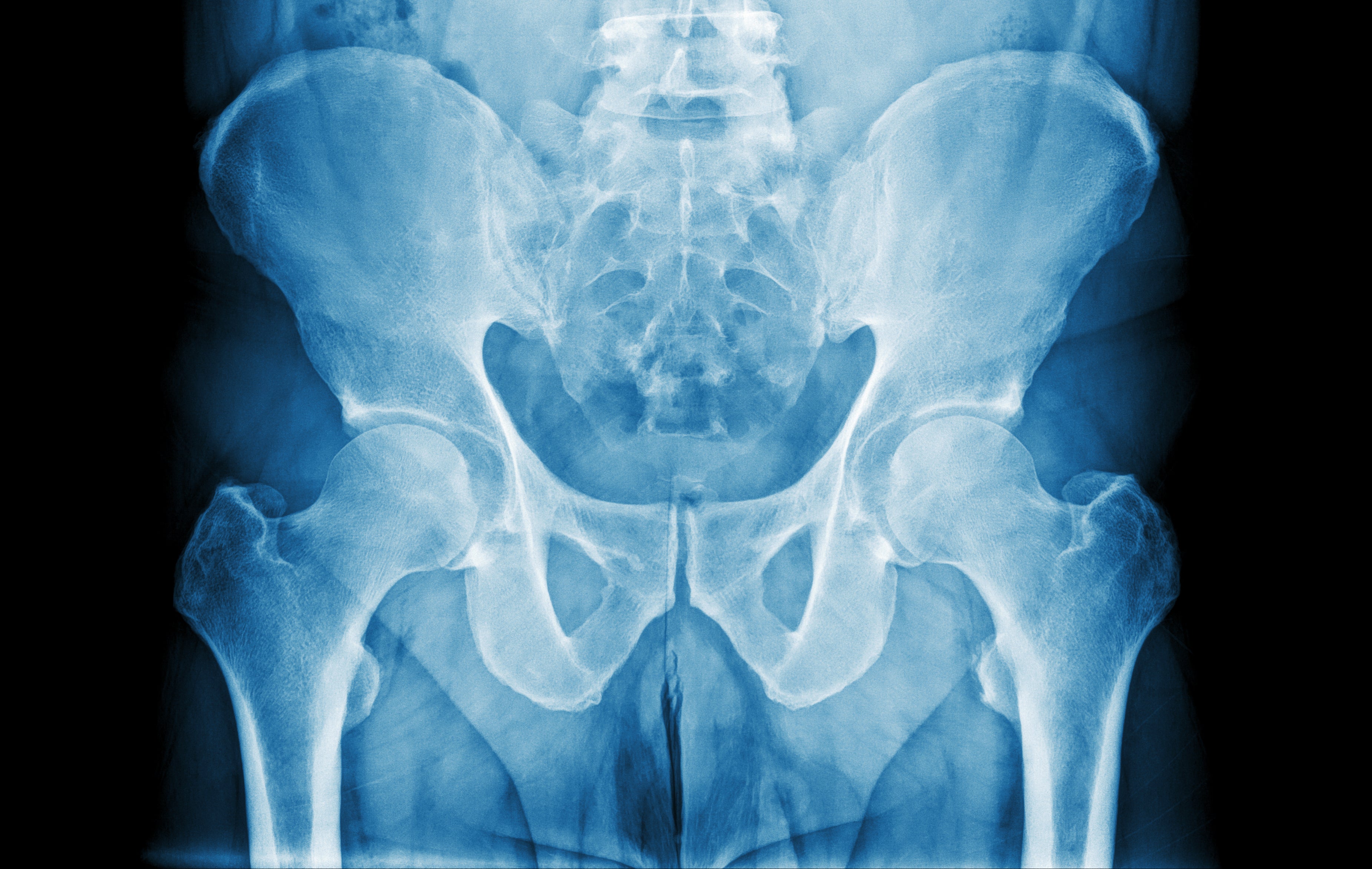The Pelvic Floor is a set of muscles, ligaments and connective tissue in the lowest part of the pelvis that provides support for a woman’s internal organs, including the bowel, bladder, uterus, vagina and rectum.
Dr. Andrea Crane, Urogynecologist with WakeMed Physician Practices – Urogynecology, says one in four women may suffer from Pelvic Floor Disorders (PFDs). She says PFDs are not a normal part of aging and can be treated successfully.
Risk Factors for Pelvic Floor Disorders

- Age
- Ethnicity
- Genetics
- Connective tissue disorders
- Pregnancy
- Childbirth
- Menopause
- Obesity
- Smoking
- Heavy lifting
- Constipation/chronic straining
- Chronic coughing
- Pelvic injury/surgery
Two Types of PFDs
Urinary Incontinence
Urinary incontinence is the lack of bladder control with symptoms that include urine leakage, frequency and urgency, and difficulty emptying the bladder. Dr. Crane sees patients with two major types of urinary incontinence: Stress urinary incontinence (SUI) and Urge urinary incontinence/overactive bladder (UUI/OAB).
Listen in to Dr. Crane’s podcast for more information on leaky bladder.
Stress Urinary Incontinence (SUI)
SUI is an anatomical problem that causes leakage with coughing/sneezing, laughing, lifting, exercising and running.
SUI Treatment Options
- Lose weight
- Fluid management
- Scheduled voiding
- Pelvic floor muscle exercises (Kegels, Pilates, Physical therapy)
- Weighted vaginal cones
- Electrical nerve stimulation
- Pessaries (Devices designed to lift the bladder and/or urethra)
- Pelvic surgeries to restore the normal pelvic floor anatomy or repair damaged muscles or tissue
- Mesh slings, which are minimally invasive and have good success rates
Urge Urinary Incontinence (UUI)
UUI is a nerve problem that causes increased urinary frequency, urgency, urinating at night.
UUI Treatment Options
- Lose weight
- Avoid acidic, citrus and spicy foods
- Reduce caffeine and alcohol intake
- Bladder retraining/timed voiding
- Pelvic floor muscle exercises
- Biofeedback
- Electrical nerve stimulation
- Medications (prescribed by your physician)
- Botox injections (Causes temporary paralysis of bladder muscle; lasts 6-12 months)
- Percutaneous tibial nerve stimulation
- InterStim (procedure performed by a physician)
Pelvic Organ Prolapse
Pelvic organ prolapse is a condition in which the uterus, bladder and bowel may “drop” onto the vagina and cause a bulge through the vaginal canal.
Symptoms of Pelvic Organ Prolapse
- A bulging, pressure or heavy sensation in the vagina that worsens by the end of the day or during bowel movements
- Difficulty starting to urinate or a weak or spraying stream of urine
- Urine leakage with intercourse
- Pain during intercourse
- Back pain
- Need to splint posterior vagina and/or perineum for bowel movement
Treatment Options for Pelvic Organ Prolapse
- Pelvic floor muscle exercises/pelvic floor physical therapy
- Losing weight
- Pessary (a device designed to lift the bladder, rectum and/or uterus)
- Vaginal or abdominal surgical repairs are available
- Laparoscopic or robotic repairs are minimally invasive surgical techniques for abdominal repair (performed by experienced surgeons)
- Some surgeries involve the use of mesh and some do not
Dr. Crane advises discussing treatment options with your physician to determine the best option.

Pelvic Health Physical Therapy
In some cases, pelvic health physical therapy is recommended. In rehab, a therapist will evaluate:
- Range of Motion (ROM)
- Strength
- Posture/alignment
- Coordination/motor control
- Sensation/reflexes
- Palpation
- Perform external and internal assessments of the pelvic floor
- Develop the plan of care based on a patient’s individual presentation with functional goals
Pelvic Health Physical Therapy treatment may include:
- Stretching and strengthening exercises
- Manual therapy for pain management and to decrease soft tissue restrictions or scar tissue
- Neuromuscular re-education
- Postural re-education
- Lifestyle modification techniques/education
- Customized Home Exercise Program
About Andrea Crane, MD
Dr. Andrea Crane is a board certified urogynecologist and female pelvic reconstructive surgeon at WakeMed with interests in comprehensive pelvic reconstruction, da Vinci® robot-assisted sacrocolpopexy, and sacral neuromodulation. Her training includes evaluation and treatment of childbirth trauma, advanced pelvic organ prolapse, urinary and fecal incontinence, mesh complications, and sexual dysfunction.
Learn more about urogynecology in Raleigh, NC, and schedule an appointment today.
